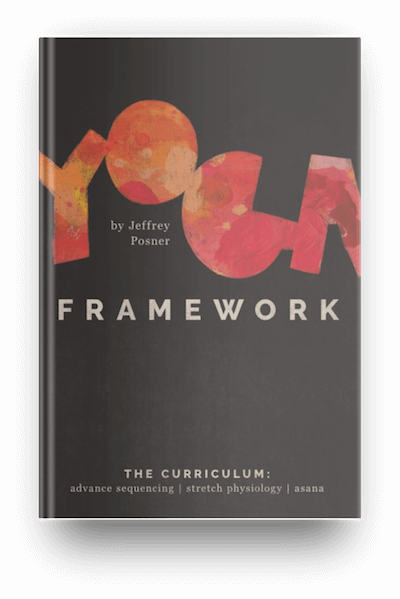Intermittent fasting guidelines have gained significant attention for their potential health benefits, such as managing insulin resistance, reducing inflammation, and improving metabolic health. In recent years, many individuals have adopted intermittent fasting (IF) due to these claims. Yet, like any dietary approach, it carries both advantages and disadvantages, especially concerning its impact on individual health.
Understanding Intermittent Fasting: Benefits and Challenges
Intermittent fasting involves cycling between periods of eating and fasting. One popular method is the 16/8 approach, where individuals fast for 16 hours and consume food within an 8-hour window. This method can enhance insulin sensitivity and leads to lower blood sugar levels, making it particularly beneficial for those struggling with insulin resistance. According to Rupa Health, this dietary practice can act as a powerful tool for enhancing metabolic health [1].
However, despite its popularity, intermittent fasting is not without its drawbacks. Some individuals may experience heightened stress levels, difficulty concentrating, and other adverse effects, particularly if they already suffer from health conditions like arthritis or diabetes. The nuances of managing fasting alongside existing health issues should never be overlooked. For example, intermittent fasting could aggravate certain conditions, necessitating a discussion with healthcare providers [2].
Pros of Intermittent Fasting
The myriad benefits of intermittent fasting are well-supported by scientific research. Studies show that IF can significantly decrease inflammatory markers, offering potential relief to those suffering from chronic conditions like arthritis. For instance, by following intermittent fasting guidelines, individuals can notice improvements, such as a reduction in joint pain and overall inflammation levels [3].
Moreover, intermittent fasting has shown promising results in aiding weight loss. By limiting the intake windows, many individuals experience automatic calorie restriction, which can lead to fat loss. Reports from Healthline emphasize the role of fasting in simplifying meals, reducing the decision fatigue associated with eating, and ultimately contributing to better dietary choices [4].
Cons of Intermittent Fasting
While the benefits are enticing, significant cons warrant consideration. For example, intermittent fasting may not be suitable for everyone. People with specific health issues, such as diabetes, should exercise caution. Skipping meals can lead to dangerous drops in blood sugar levels or exacerbate existing health conditions. A consultation with a healthcare professional is crucial to evaluate potential risks [5].
Furthermore, psychological impacts can arise. Many individuals struggle with managing hunger pangs and increased stress levels during fasting, which may detract from the overall benefits. Successfully navigating intermittent fasting requires not just physical endurance but mental resilience.
Personalized Approaches to Intermittent Fasting
A personalized approach to intermittent fasting is crucial. Various methods—like the 5:2 approach or alternate-day fasting—can cater to different lifestyles, making it easier for individuals to maintain their fasting schedules. Thus, it’s essential to find what works best for your routine and health goals, ensuring that intermittent fasting aligns with your lifestyle without causing undue stress.
Moreover, hydration is fundamental during fasting. Many wonder, can I drink water during intermittent fasting? The answer is a resounding yes. In fact, staying hydrated can alleviate hunger and support metabolic processes, helping you stick to your fasting guidelines effectively [6].
Managing Stress During Intermittent Fasting
Controlling stress is another critical aspect of successful intermittent fasting. Strategies like practicing mindfulness, meditation, and even incorporating essential oils can facilitate stress management. A comprehensive plan that includes stress relief techniques can support your fasting practices, allowing you to garner the full benefits of intermittent fasting [7].
Conclusion: Making Informed Decisions
In summary, intermittent fasting guidelines provide a framework that can yield many potential health benefits. However, they also come with notable drawbacks that necessitate careful consideration. If you’re contemplating intermittent fasting, adopting a personalized approach is paramount. Evaluate your health status, make informed decisions about your eating habits, and consult healthcare professionals where necessary.
Ultimately, the path to better health is individual. Therefore, understanding both the pros and cons of intermittent fasting allows you to make the best choices for your journey.
For those interested in exploring weight loss strategies through fasting, check out the practical insights available at Yoga Framework.

